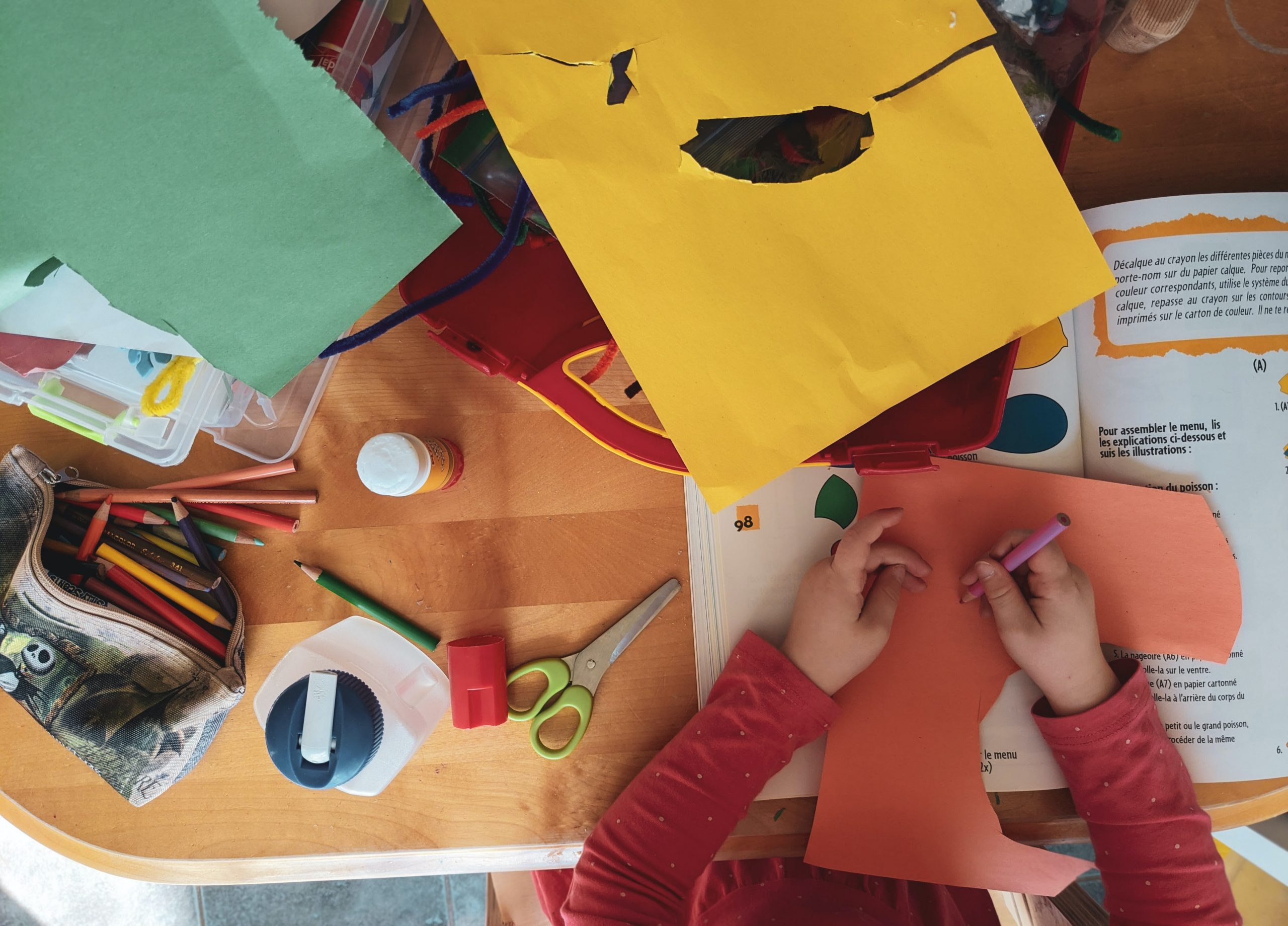Everyone knows what healthy habits they should be following — eating well, doing homework and so on — but not everyone wants to do them. With kids, parents have to step in to help them make the best decisions for themselves until they’re responsible enough to take care of themselves. Using these tips, parents can help build routines and encourage kids to do better, eat better and move more, both in school and at home.
1. Start With a Simple Routine
One of the best ways to build healthy habits is by adhering to a routine. Starting off small is the key to allowing any routine to stick. Kids should have time to adjust to a new routine before complexities are added. Sometimes, the best exercise to start with is as simple as hanging up a backpack and putting a lunchbox back in the kitchen. Once they’ve nailed their simple routines, parents can continue to add more — things like eating healthy snacks or playing outside — to promote healthy living outside of school.
2. Make Them a Snack
Everyone feels better when they have a snack in their system, especially if it’s been a few hours since the last time they ate something. Fruit is a good choice for an afternoon snack, as berries can help promote memory, which is perfect for children who have homework to do. Once a kid is old enough, they can make their own snacks. A parent may want to supervise them just to make sure they’re making healthy choices.
3. Put Playtime First
Sometimes, kids just have too much energy for their own good. Before they can truly focus on homework, they may need to let their energy out by playing outside. Parents should give energetic kids time to release their pent-up energy before they come back to focus on chores or homework. It could make them feel better and leave them ready to learn.

4. Set a New Bedtime
While going to sleep might be the last thing children want to think of when they get home from school, they should know the importance of having a bedtime. Getting enough sleep is crucial to functioning well the next day, and it can prevent them from feeling tired and cranky in the afternoon. Sleep is an important form of self-care, and when they’re learning all day, every day, they need to be taking care of themselves, too.
5. Pick Active Chores
When kids come home from school, they may want to relax instead of doing something active. However, activity leads to more action. While it might be good to rest for a few minutes, kids should start moving shortly after getting home from school. After all, they’ve been sitting down for hours in class! Small things like setting the table or helping to cook dinner can get kids up and out of their seats when they may not want to. Tidying up a room can also let them exert some of their energy before sitting back down again.
6. Offer Homework Incentives
No kid wants to do their homework. Unfortunately, it’s a part of school. While many kids know that homework will help them learn more about what they were taught in school, they also might see it as a chore they don’t want to complete. An incentive, like watching their favorite television show or getting a fun sticker, might entice them to finish their homework faster.
7. Pack Healthy Lunches
Though it might take a little more time than packing junk food, packing healthy lunches for a child can pay off in big ways. When humans are nourished with delicious food that’s also good for their bodies, they have more energy and can concentrate better throughout the day. They may also stay fuller for longer than if they had only eaten snack foods. A healthy lunch means better energy management throughout the day and after school — when a child can continue making healthy choices until dinnertime.
8. Practice Affirmations
Affirmations might seem silly to children, but they’re an easy way to boost their self-esteem. Kids can repeat positive statements in front of the mirror. Things like, “I am smart,” “I am valued” and so on can go a long way. Affirmations can relieve stress and help boost problem-solving skills, which can work excellently for kids who doubt their abilities. Any kid having a difficult time in school could benefit from adding affirmations to their routine, thereby creating a healthier perspective for them.
9. Talk to Them
School can be tumultuous for kids. Sometimes, they go through a lot of stress — so keeping that stress down by any means possible is a great way to promote healthy after school activities. By just talking about what they did that day, their accomplishments and setbacks, a child might feel ready to make better choices after school. They may not be able to control what happens in the classroom, but they can make healthy choices — such as eating right and studying — when they get home.

10. Encourage Them
School can be tough. Children might be trying their best, but they can only perform to the best of their abilities with a little support from their parents. Encouragement is better than praise, as it reinforces that children should be self-motivated and proud of themselves, rather than working toward what an adult wants them to do, even into adulthood. While parents should reward children when they do well, a few words of encouragement not to give up and to see their true worth can go a long way.
Help Kids Make Healthy Choices
Children may want to make healthy choices, but things like what food they eat and how active they can be are left up to parents many times. To encourage their children to be healthy, parents have to pave the way by understanding their kids and their needs. With a parent’s help, a child can be happy and healthy by practicing good habits when they arrive home from school.









No Comments